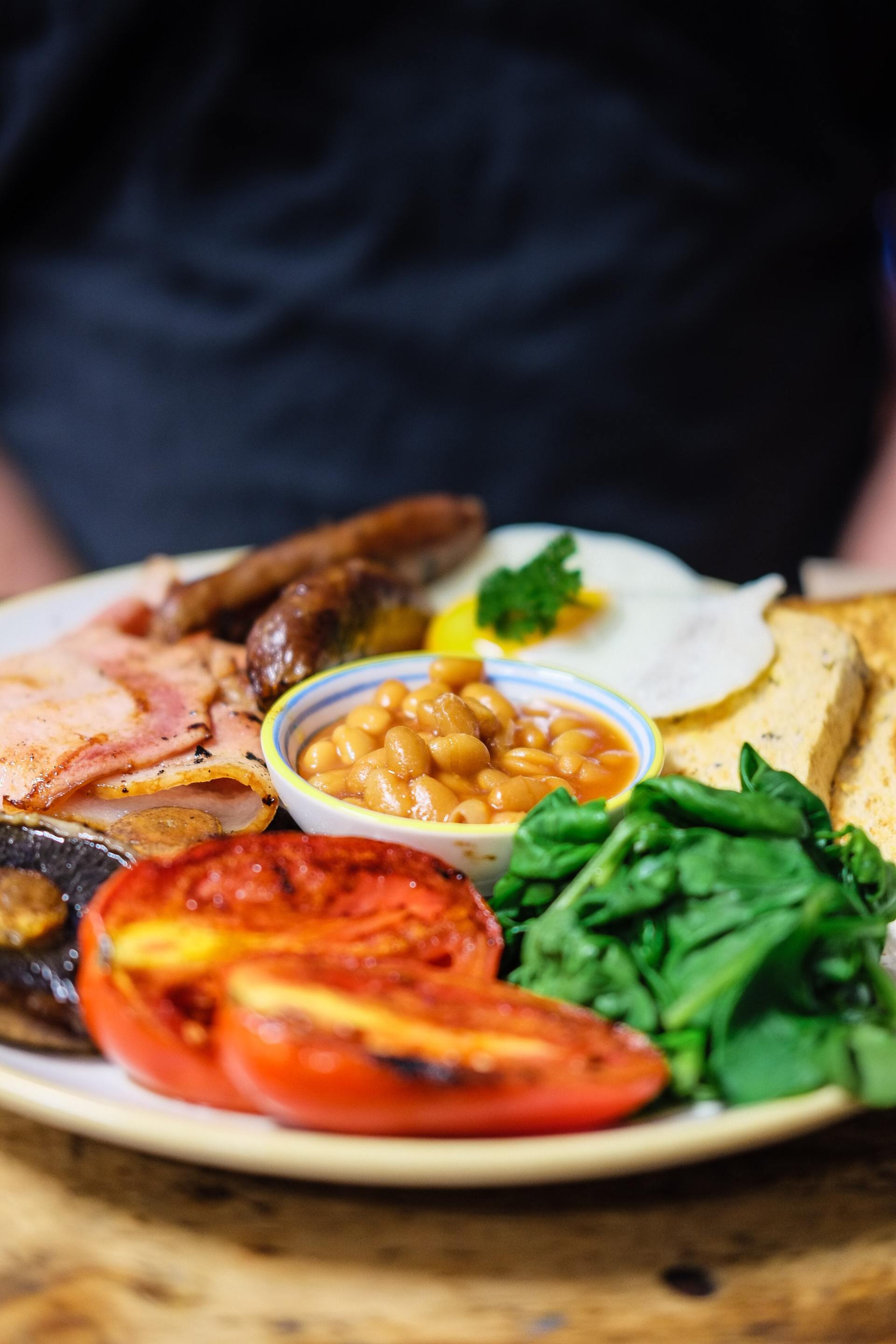Hangovers
A hangover can develop after drinking too much alcohol. Symptoms include headaches, dizziness, fatigue, nausea, stomach problems, drowsiness, sweating and excessive thirst.
As a general rule, the more alcohol you drink, the more likely you are to have a hangover the next day. But there's no magic formula to tell you how much you can safely drink and still avoid a hangover.
Most hangovers go away on their own, though they can last up to 24 hours. However, symptoms such as vomiting or a loss of consciousness could be signs of alcohol poisoning
and may require extra medical attention.
Prevention is key
The only guaranteed way to prevent a hangover is to avoid alcohol. If you choose to drink, do so in moderation.
To avoid a hangover it may help to:
- Eat before and while drinking.
This is important as alcohol is absorbed more quickly if you drink on an empty stomach. - Choose carefully.
Avoid dark coloured drinks (such as red wine or bourbon). They contain a higher proportion of natural chemicals called congeners which affect the body’s abilities to break down ethanol as fast. As a result, alcohol may linger for longer in the body, making your hangover worse. HOWEVER, too much alcohol of any colour can still make you feel bad the next morning. - Drink between drinks.
Drinking water or an alternative soft drink after each alcoholic one will help you stay hydrated. You may end up drinking less alcohol too. Another good idea is to Keep a glass of water by your bed to sip if you wake up during the night.
- Make a plan.
Don’t feel pressured to drink more than you want. Avoid rounds and decide ahead of time how many drinks you'll have — and stick to it.
Hangover cures
There is no magic cure
for a hangover, but there are a number of ways to mitigate the symptoms.
- Rehydrate.
Dehydration is what causes many of the symptoms of a hangover. The best time to rehydrate is before going to sleep after a drinking session. Drink liquids that are gentle on your digestive system, such as water and isotonic drinks.
- Eat
Low blood sugar is another main cause of hangover symptoms. To bring your blood sugar back up to normal, you just need some carbs, so try some toast, noodles, cereal, pasta or crackers. Can’t keep food down? Sip on a thin vegetable broth. Bananas can also help by replenishing potassium stores.
- Sleep
Your body needs an opportunity to recover. If you can, it is best to simply stay in bed. Even an extra hour or two of rest will help.
- Over the counter medicines.
Painkillers such as ibuprofen can help with headaches and aches and pains. An antacid may help to settle your stomach.
- And something to avoid...
Drinking more alcohol, or "hair of the dog", does not help. You may simply be delaying the appearance of symptoms until the extra alcohol wears off and it’s a bad habit to get into. Give your body time to recover, at least 48 hours, and have a plan to prevent a hangover next time you choose to drink.
When to be concerned.
Hangovers after a night's drinking go away on their own. Speak with your doctor if you're concerned that your hangovers are actually a sign of alcohol withdrawal, or if regular hangovers affect your quality of life, including your personal relationships or your performance at work. They will put you in contact with your local specialist service if they feel it's appropriate.
Is it alcohol poisoning?
More-severe symptoms that accompany heavy drinking may indicate alcohol poisoning. Alcohol poisoning is very serious and can even lead to coma, brain damage and death. If you suspect alcohol poisoning, stay with the person
and dial 999 immediately to request an ambulance.
The signs and symptoms of alcohol poisoning include:
• confusion
• severely slurred speech
• loss of co-ordination
• vomiting
• irregular or slow breathing
• pale or blue-tinged skin caused by low body temperature
• being conscious but unresponsive
• passing out and being unconscious
Want to know how risky your drinking is?
Alcohol can have a big impact on your health - take the test to see how your drinking measures up.




